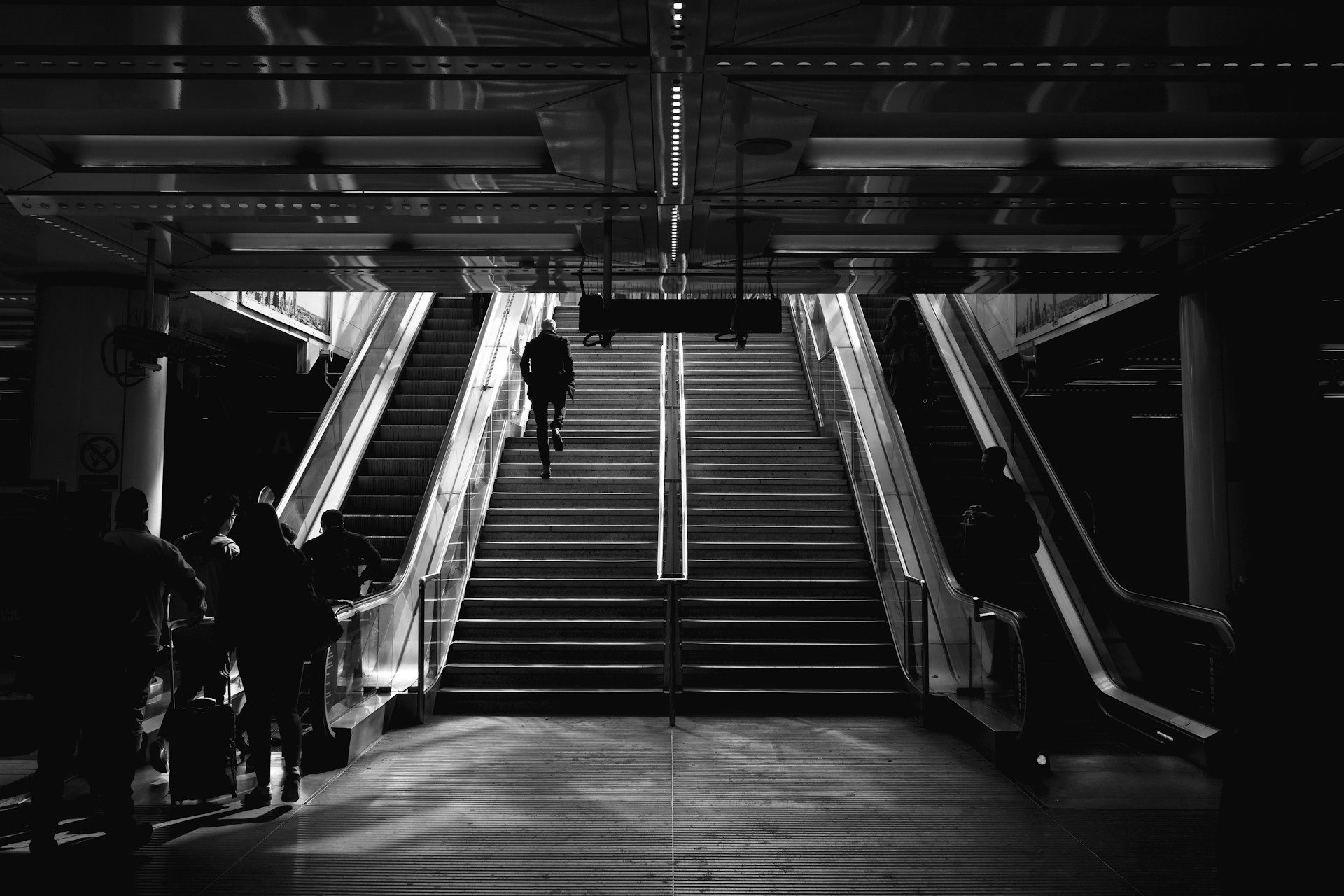
He Never Denied Selling Drugs. But Britain Says He’s a Slave Master, Too.
A law written to prevent human trafficking is being wielded against low-level drug dealers. The effects are long-lasting.
Glodi Wabelua was determined to come out different this time: “More humble. More quiet.” He was 28 and this was his third release from prison.
This time, he would find a real job and a place to live in London. No more slipping back into dealing drugs, the only work he had ever known.
Driving a moving van promised a start. The job barely paid minimum wage, but the recruiter did not care that he had been locked up for almost a decade.
But first, he would need permission. Because Mr. Wabelua is far from free.
He cannot rent an apartment or a car without the approval of a probation officer. He cannot date someone without reporting his relationship. Every inch of his life, from his bank account to his internet history, can be inspected.
These were not ordinary restrictions. Some read like those of a sex offender. His Instagram account is limited to users over 18. He cannot be near children, or go to schools or youth clubs. And, most critically, he needs the government’s blessing before he can accept a job. Any breach can send him back to prison for up to five years.
The government insisted on these restrictions because, in its eyes, Mr. Wabelua was not just a drug dealer.
He was a slave master.
British prosecutors have made him a test case for a novel interpretation of a 2015 law that was written to prevent the trafficking of Vietnamese women and children. Mr. Wabelua was the first drug dealer to be convicted by a jury under the law, the Modern Slavery Act — not for smuggling anyone into the country, but for dispatching a 16-year-old runner to sell drugs.
This is the latest hard-line tactic in a country where the two biggest political parties have made being tough on crime a key part of their platforms. They have pushed for longer sentences and new prisons. They have expanded stop-and-frisk policies and “joint enterprise” prosecutions, in which people can be lumped together and charged for crimes committed by others. Black people are disproportionately affected by those tactics.
